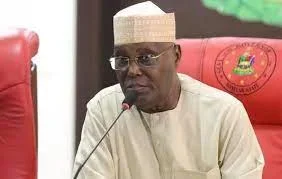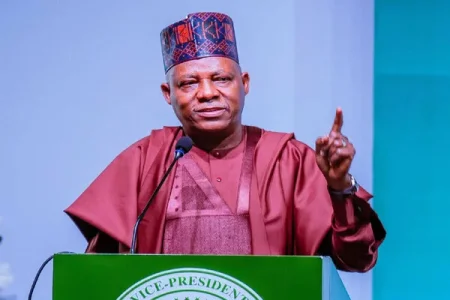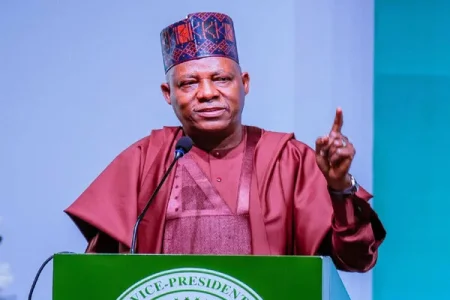
Former Vice President Atiku Abubakar, who recently faced disappointment following the Supreme Court's affirmation of President Bola Tinubu's electoral victory, unveiled a series of ambitious constitutional reforms aimed at reshaping Nigeria's electoral landscape. Speaking at a press briefing in Abuja, Atiku suggested comprehensive changes, including the adoption of a six-year single presidential term for each geopolitical zone, mandatory electronic voting, and expeditious resolution of election-related litigations before inauguration. Furthermore, he emphasized the need to require a presidential candidate to earn 50% +1 of the valid votes cast, advocating a Two-Round System similar to that used in many other countries.
Atiku's proposals also called for enhanced scrutiny of candidate credentials by the Independent National Electoral Commission (INEC) to prevent any discrepancies. He insisted that conflicting or forged documents should lead to disqualification, even if discovered after taking office. The former Vice President stressed that these reforms are crucial to minimize the desperation of incumbents, promote equity, and national unity. Additionally, he highlighted the importance of reforming the judiciary, introducing automated case assignment systems, transparent judge appointments, and prioritizing voters' choices over technicalities in election disputes. Atiku's proposals, if enacted, could usher in transformative changes in Nigeria's electoral processes and governance




